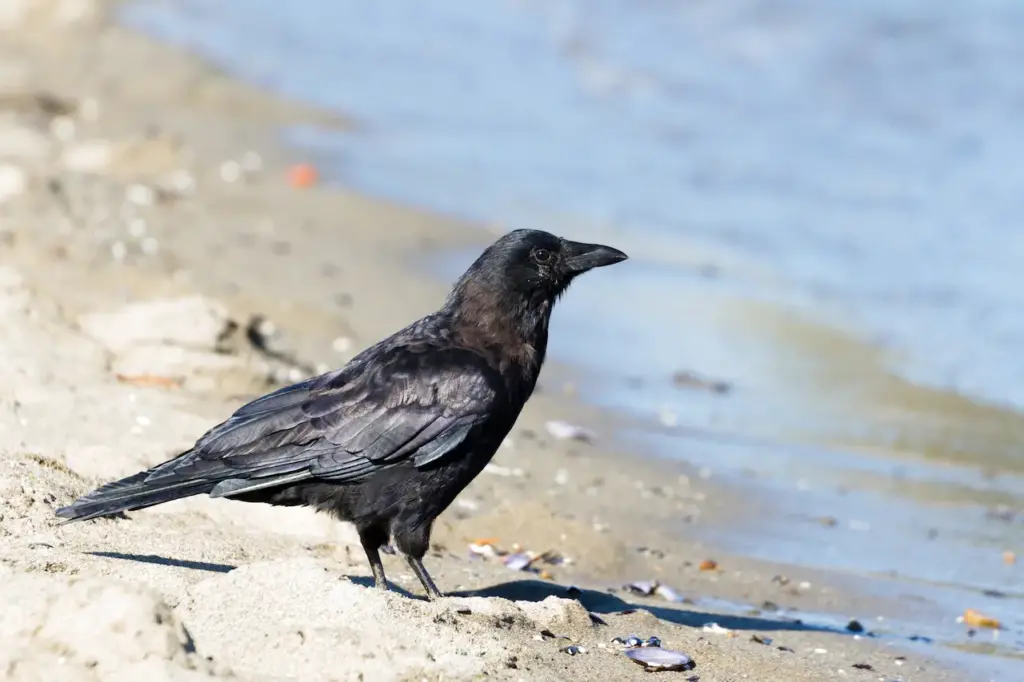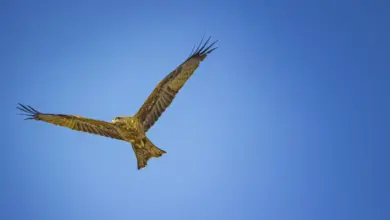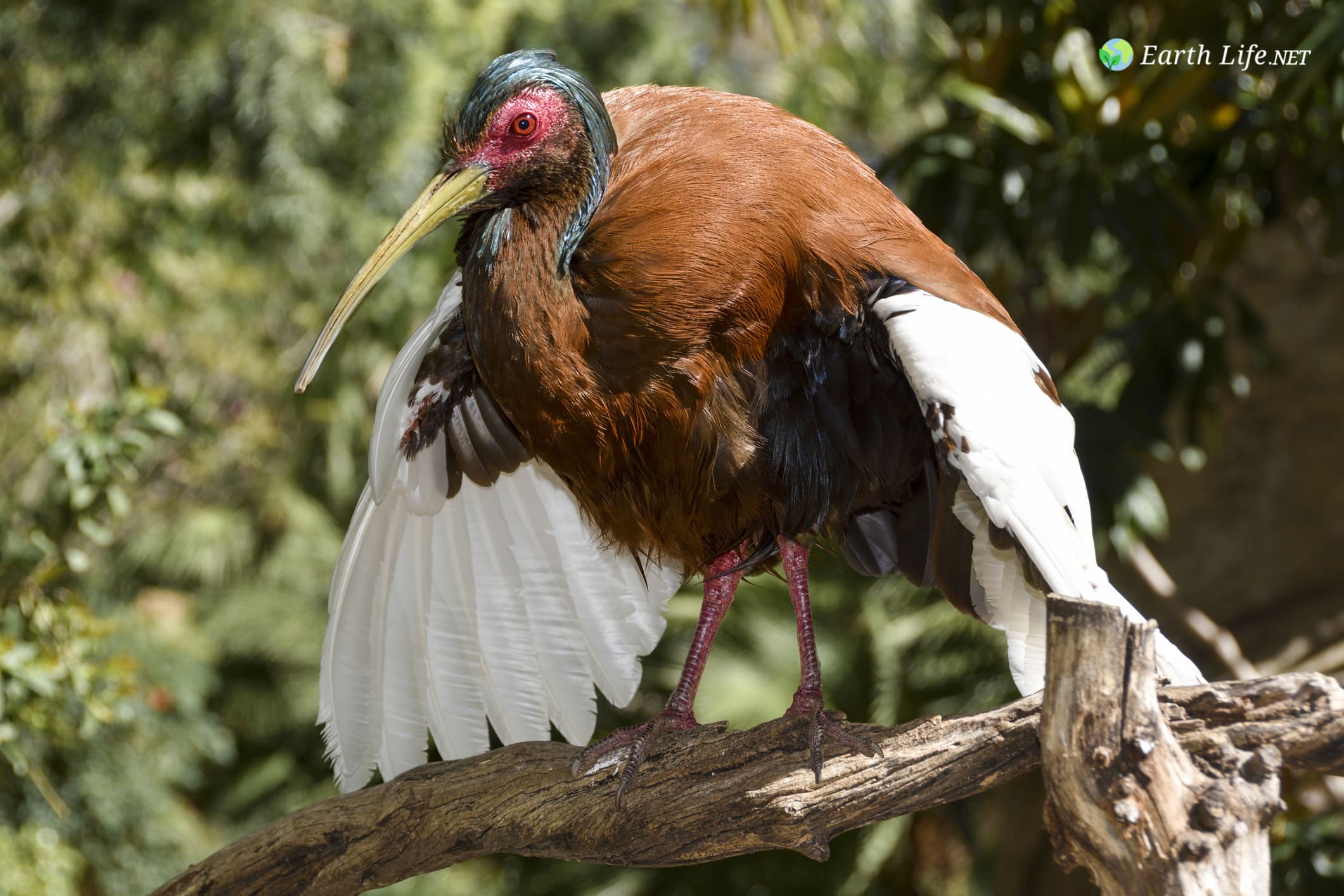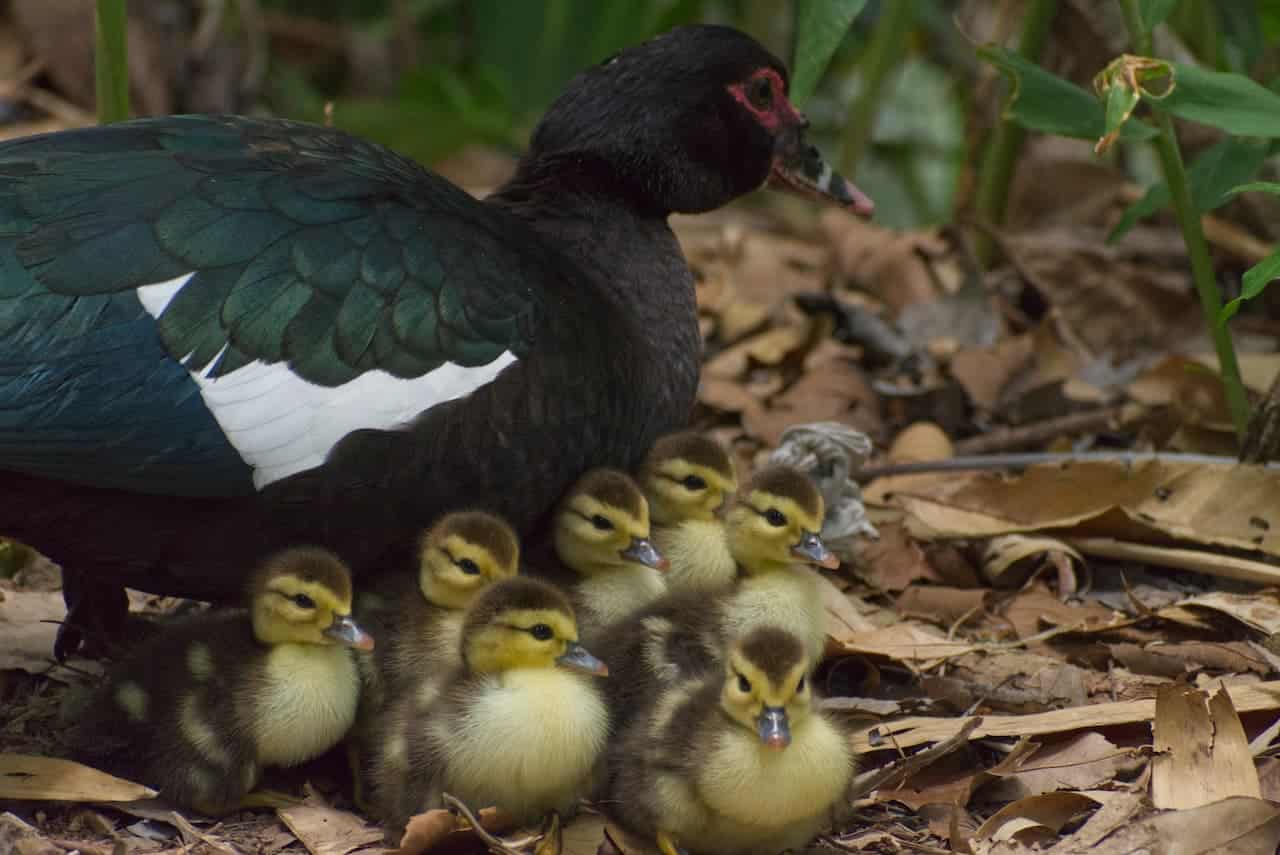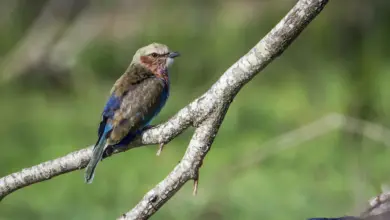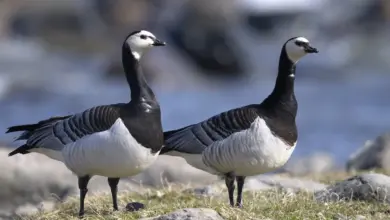Northwestern Crow (Corvus caurinus)
The Northwestern Crow (Corvus caurinus) is very similar to the more western forms of the American Crow (Corvus brachyrhynchos) but it is slightly smaller (33-41 cm in length) and has proportionately smaller feet with a slightly more slender bill. It is the calls that are significantly different and often serve to identify it.
Distribution and habitat
This North American species occurs, as its name suggests, from the north-western coastal regions and offshore islands of southern Alaska, down through British Columbia and Washington state. Beaches and shorelines are the principal forage areas. It can often be seen in and around urban areas.
Diet
Very similar to that of the Fish Crow; the Northwestern Crows eats stranded fish, shellfish, crabs and mussels, and also searches through refuse containers for suitable food items. It has been seen to fly into the air with mussels and drop them onto hard surfaces to break them open. It also regularly eats insects, other invertebrates, and various fruits (especially berries). It raids other birds’ nests to eat eggs and hatchlings. It takes handouts and remembers anyone who discards food. It is known to soak pieces of bread in water.
Predators
An incomplete list includes cats, raccoons, raptors and ravens. The crows often gather in large groups to mob these predators.
Nesting
Generally solitary, but sometimes built in association with a few other individuals in small, loose colonies in trees or sometimes large bushes. Very rarely, it will nest on cliffs in a recess or even on the ground in a remote area if overhung by a rock for shelter. It is a typical crow nest with 4-5 eggs usually laid.
Voice
The voice is very varied, and many types of call are made, but the most common are usually described as a high pitched “caw” and the sound of a cork coming out of a bottle. A “wok-wok-wok” is given by a bird in flight if straggling behind the group, and various clicks and mechanical sounding rattles are also heard.
